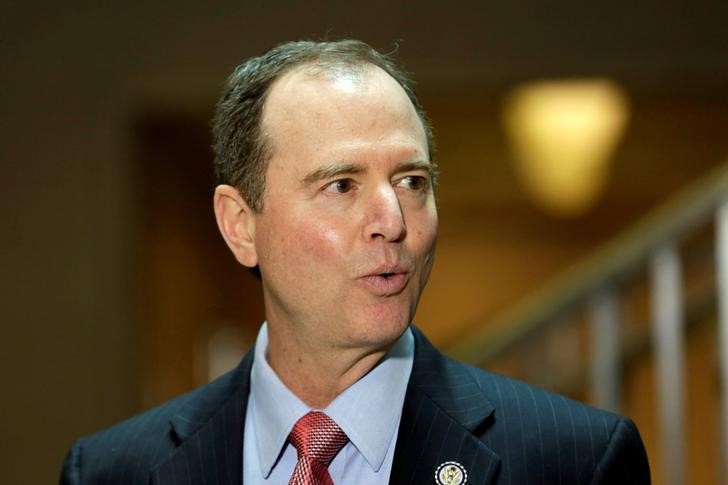WASHINGTON (Reuters) - Ten Democratic members of the U.S. House of Representatives said on Thursday they want Congress to vote on a formal authorization for the use of military force against al Qaeda, the Islamic State and the Taliban.
The group introduced an authorization, known as an AUMF, that would last three years and replace authorizations passed in 2001 and 2002 that have been used by both Republican and Democratic presidents for military action against the groups.
Some members of Congress have contended for years that those measures, approved in 2001 to retaliate against al Qaeda for the Sept. 11 attacks and in 2002 to pave the way for the Iraq War, were outmoded.
Those arguments intensified when President Donald Trump ordered air strikes against an airfield in Syria this month, although Republicans, who control Congress, and many Democrats said they did not feel that a single action like that required formal approval by Congress.
But a small, mostly Democratic, group of lawmakers has argued for years that Congress should stop abdicating its responsibility to consider an AUMF that would govern U.S. military action, whether against Islamist militant groups or the government of Syrian President Bashar al-Assad.
"As deployments to Iraq and Syria increase, and with complicating factors like the recent cruise missile strike against the Assad regime in response to the use of chemical weapons, Congress cannot stand on the sidelines any longer and must debate and vote on any new war," said Representative Adam Schiff, who introduced the bill with nine co-sponsors.
The measure would authorize Trump to deploy combat ground troops against the three groups anywhere in the world, but also includes a mechanism to allow a motion to repeal or modify the authorization.
It also would put in place new requirements for administration reports to Congress and the public on how force was being used.

Without Republican co-sponsors, the measure stands little chance of passage, but if it picks up support, it could help pave the way for future legislation.